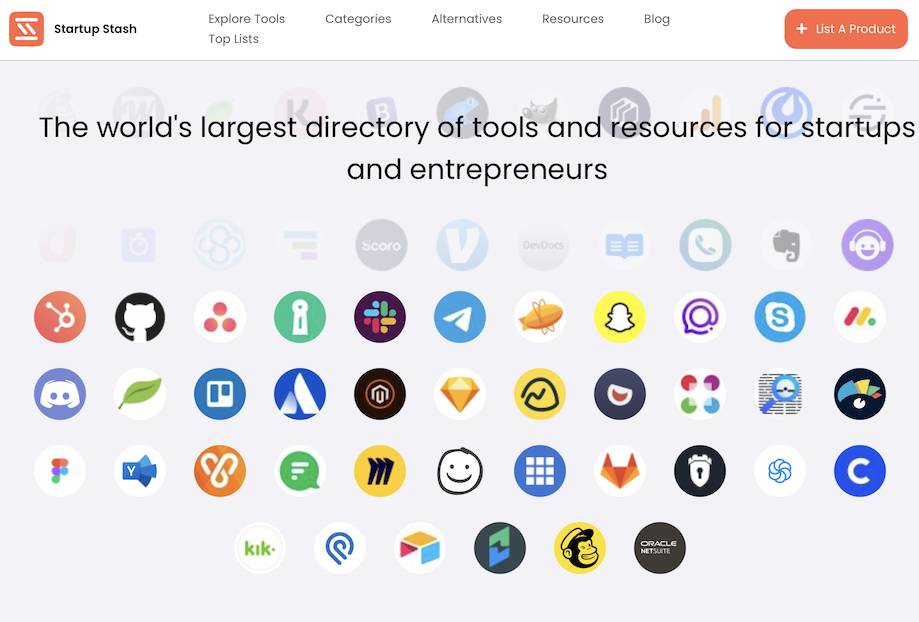Early Stage Product Questions

Who What When Where Why and How - A Short Silicon Valley Poem
-
The CEO looks at the market conditions to identify a problem that a user segment has.
Consumes: when, where
Answers: who, why

The CEO looks at the market conditions to identify a problem that a user segment has.
Consumes: when, where
Answers: who, why
Link to original comment on Reddit. Quoted in full below.
Alright, here goes. I’m old. What that means is that I’ve survived (so far) and a lot of people I’ve known and loved did not. I’ve lost friends, best friends, acquaintances, co-workers, grandparents, mom, relatives, teachers, mentors, students, neighbors, and a host of other folks. I have no children, and I can’t imagine the pain it must be to lose a child. But here’s my two cents.
I wish I could say you get used to people dying. I never did. I don’t want to. It tears a hole through me whenever somebody I love dies, no matter the circumstances. But I don’t want it to “not matter”. I don’t want it to be something that just passes. My scars are a testament to the love and the relationship that I had for and with that person. And if the scar is deep, so was the love. So be it. Scars are a testament to life. Scars are a testament that I can love deeply and live deeply and be cut, or even gouged, and that I can heal and continue to live and continue to love. And the scar tissue is stronger than the original flesh ever was. Scars are a testament to life. Scars are only ugly to people who can’t see.
As for grief, you’ll find it comes in waves. When the ship is first wrecked, you’re drowning, with wreckage all around you. Everything floating around you reminds you of the beauty and the magnificence of the ship that was, and is no more. And all you can do is float. You find some piece of the wreckage and you hang on for a while. Maybe it’s some physical thing. Maybe it’s a happy memory or a photograph. Maybe it’s a person who is also floating. For a while, all you can do is float. Stay alive.

One of the most common university majors for past presidents is History. In fact, students of history find their way into some of the most “influential” professions, with careers in politics, policy-making, and law.
Those who study history learn of the decisions that were made in the past, the reasoning behind them, and the results thereafter. Thus those who study history might have a better understanding of policies that they are working on, the options available to them, and the potential consequences.
Although this kind of history-based work sits firmly in the humanities, it’s not all that different from what we do here in Silicon Valley.
There’s a common trend among companies, blogs, and even Github repositories to create a list of “tools” for startups. Here’s a startup built on that premise: Startup Stash. Here’s a Medium article: 400 Free Resources And Tools For Entrepreneurs, Freelancers and Startups. Here’s a Github: Awesome Startup. Here’s a VC resources page: Antler Toolbox.

When I saw the first of these appear, I think it was a list on GitHub, it was pretty cool and I even bookmarked the site. But by now, these resource lists are becoming incredibly useless and boring.
I play a fair amount of video games, including emotional, aesthetic games like Florence and complex, open games like Dwarf Fortress. Over the years there are periodically discussions about whether video games are art. For example, here are articles from Time and London Review of Books on the subject.

These discussions tend to ask about the aesthetic and entertainment values of the medium, trying to address the question of what exactly makes art, art. But to peel back the layer of indirection, art at its core is anything that is culture; It is a shared experience.
And interestingly, that’s what disqualifies video games.